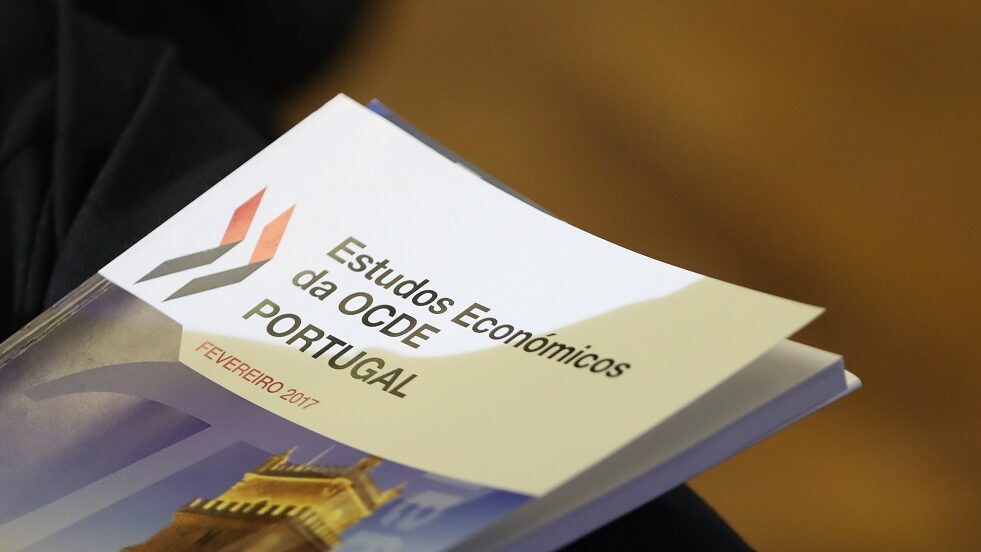Women in Portugal earn 78% of men’s salaries with the same qualifications
In Portugal, women with higher education earn 73% of men's wages. In the case of workers with basic education, the difference in wages between genders rises to 78%.
Women in Portugal have more difficulties in finding work and earn 78% of the salary of men in jobs with the same qualifications, reveals an OECD report.
These are some of the conclusions of the report “Education at a Glance 2021”, released today by the Organisation for Economic Cooperation and Development (OECD), on the state of education in the world.
At school, girls perform better and fail less than boys. They also increasingly reach higher education, but when it comes to entering the labour market, the situation is complicated.
“Young women are less likely to be employed than men, especially those with lower levels of education,” reads the report on the situation in Portugal.
Last year, only 65% of women between 25 and 34 who had completed the 9th grade were employed, compared to 80% of men in Portugal.
The study reveals, however, that this gender difference is less than the average in OECD countries, where 43% of women and 69% of men with secondary education are employed.
In addition to the difficulty in finding work, working-age women’s wages are also lower in most OECD countries.
“Women aged 25 to 64 earn less than their male counterparts: their earnings correspond to 76%-78% of men’s earnings on average in OECD countries,” the document states.
In Portugal, women with higher education have lower incomes in comparison to men with a similar level of education, earning 73% of men’s wages. In other words, for the same work and with the same education, a man earns €2.000 and a woman €1.460.
In the case of workers with basic education, the difference in wages between genders rises to 78% in Portugal.
Almost half (49%) of women aged 25-34 had a higher education degree in 2020, compared to 35% of their male peers, according to last year’s data.
However, they remain a minority in science, technology, engineering and mathematics (STEM) degrees, a phenomenon found in most OECD countries.
In Portugal, women represented 29% of new entrants in engineering, industry and construction programmes and 17% in information and communication technologies programmes.
Despite gender inequalities, it is the socioeconomic status that most influences learning outcomes and later success in the labour market, warns the report.
Nationality – being native or foreign-born – also has an impact on educational success and finding employment.
Adults who were born abroad have a harder time finding a job than their native-born peers and, as such, end up taking lower-paying jobs.
The report also highlights that foreigners who arrive at a young age and end up studying here have more success in finding work.
Education at a Glance” is a report released annually by the OECD and includes statistical data from the 37 OECD member countries and partner economies.


